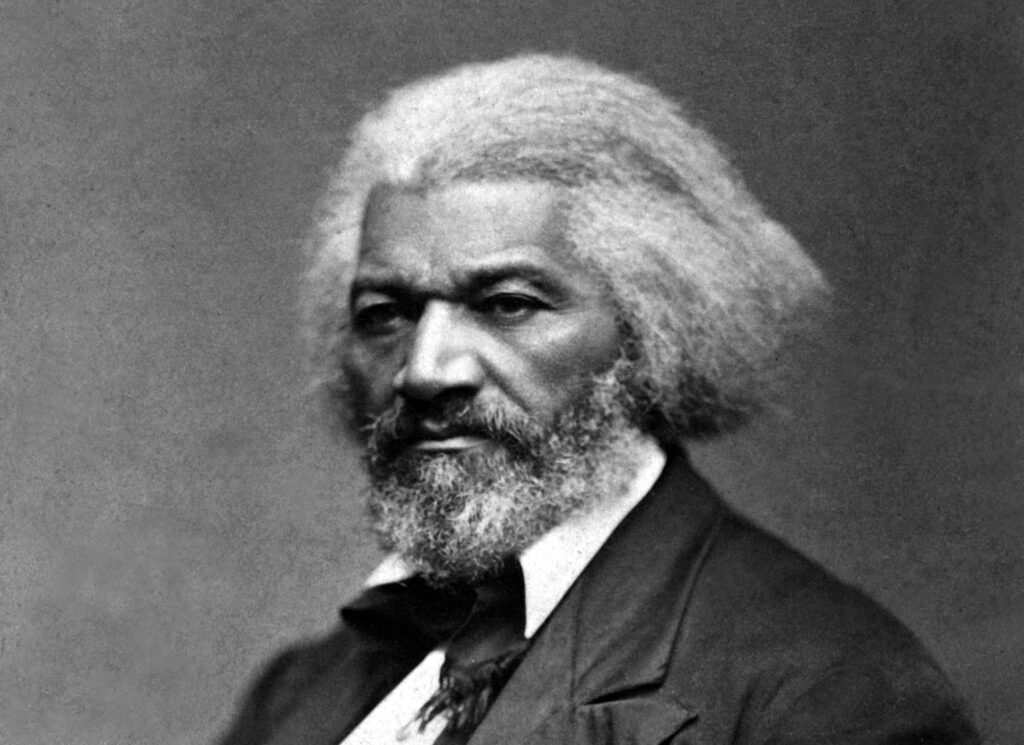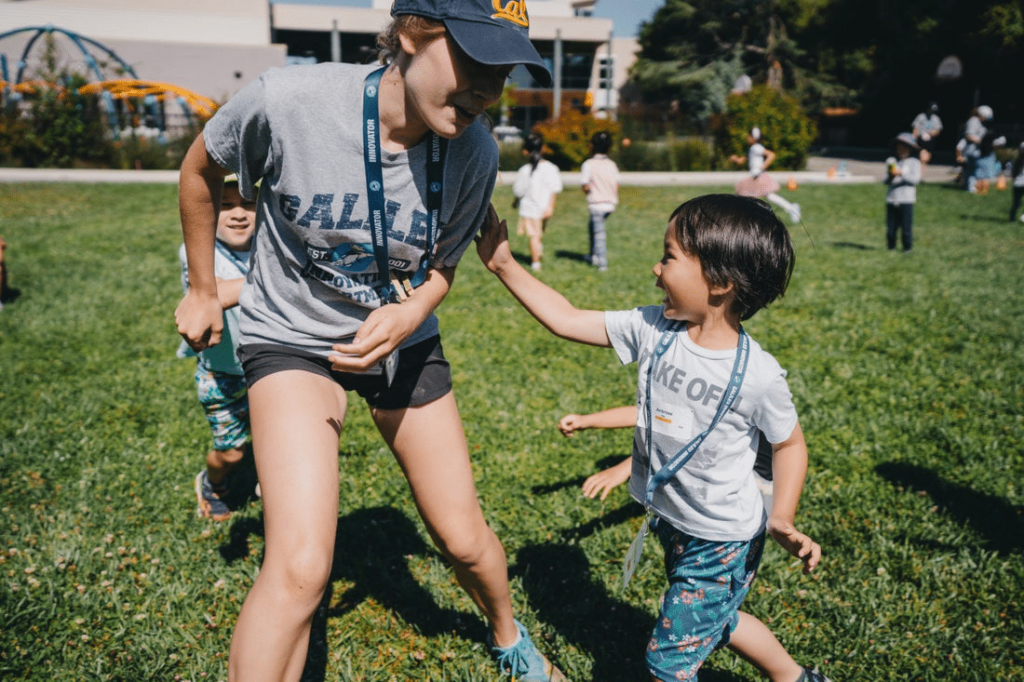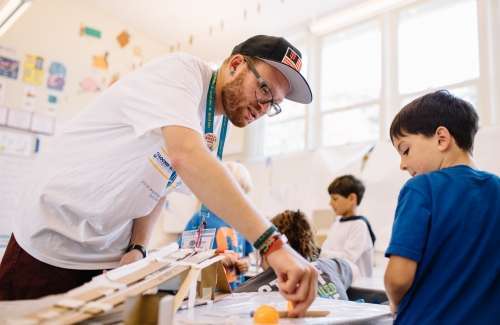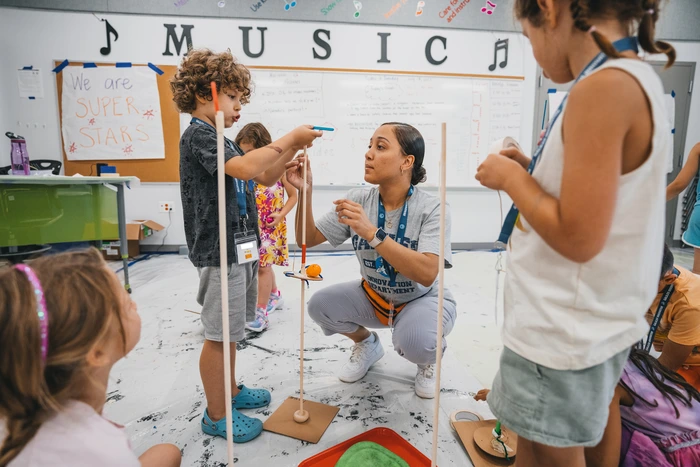There is no doubt that, for many of us, the Fourth of July conjures up nostalgia for carefree summer days, barbecues, and fireworks. The same is true for me.
As a first-generation Black woman in America, there is also an underlying tension—a sadness—that I, like many Americans, struggle with when it comes to this holiday. Both ends of the experience can be true, and I can (and do) hold them simultaneously.
While you celebrate the joy and tradition this holiday may represent for your family, it’s important to know that, at best, the commemoration of Independence Day is complicated for many others—particularly those of us who identify as Black or Indigenous.
For those of us educated in the American school system, chances are that we never learned the full spectrum of how this moment in our nation’s history was experienced by groups other than White colonists.
If you’re like many families right now, you’re leaning into learning more about race relations and your place in experiencing or benefitting from systemic racism, and are aiming to live more inclusive daily lives. One of the most important first steps we can take on this journey is challenging the often-myopic historical context many of us grew up with.
Here are some important topics about this time in history that your family can reflect upon this week:
Please be advised that the resources linked below involve discussions of slavery and genocide, as it’s impossible to discuss the experience of Black and Native Peoples during this period of history without also confronting these topics. You may want to review these resources prior to sharing with your children.
Who was left out of The Declaration of Independence?
According to this article, The Declaration of Independence, which embraced in its first lines “that all men are created equal, that they are endowed by their creator with certain unalienable rights”, did not extend that right to enslaved people. Written by Thomas Jefferson, himself an enslaver, the original version included lines denouncing slavery, which were removed after pressure from multiple delegates (also enslavers).
What was The Revolutionary War like for Native Peoples?
We encourage you to visit this resource from history.com and review the sections for the years leading up to and following 1776. It offers a helpful perspective on the context surrounding this excerpt: “By the late 19th century, fewer than 238,000 indigenous people remained, a sharp decline from the estimated 5 million to 15 million living in North America when Columbus arrived in 1492.”
Slavery continued long past 1776
Just 14 years after the first Fourth of July, there were almost 700,000 enslaved people in the US in 1790, which represented about 18% of the overall population. By 1860, which was the final census taken before the American Civil War, there were 4 million slaves in the South. This means that only 160 years ago, for all African Americans living in the US that year, there was an 89% chance that they lived in slavery. Read more about Juneteenth and the long road to true liberation in 1865, following the signing of the Emancipation Proclamation in 1863.
Here are a few immediate actions you can take:
- Learn about Black heroes of the American Revolution.
- Consider reading the incredibly relevant book “Her Right Foot,” by Dave Eggers, with your family. Eggers beautifully outlines little-known facts about an American emblem of freedom.
- Read the important 1852 speech by famous abolitionist Frederick Douglass titled, “What to the Slave Is the Fourth of July?” Here’s a powerful excerpt:
“What have I, or those I represent, to do with your national independence? …Are the great principles of political freedom and of natural justice, embodied in that Declaration of Independence extended to us? …Your high independence only reveals the immeasurable distance between us. The blessings in which you, this day, rejoice, are not enjoyed in common. The rich inheritance of justice, liberty, prosperity and independence, bequeathed by your fathers, is shared by you, not by me. …I shall see this day … from the slave’s point of view.”
—What to the Slave Is the Fourth of July, Frederick Douglass, 1852
As our nation begins to shift our collective learning of two important stories of independence, first on Juneteenth last month and now for July 4th, I’d love to leave you with these words from Douglass’ same speech: “According to this fact, you are, even now, only in the beginning of your national career, still lingering in the period of childhood. I repeat, I am glad this is so. There is hope in the thought, and hope is much needed, under the dark clouds which lower above the horizon.”
—
Viva Asmelash is an Associate Director of People Ops focused on outreach, communications, and inclusion. When she’s not polishing Galileo’s employer brand or consulting with her own clients, chances are she’s at an art museum or cooking at home. Viva is also an active mental health advocate in northern California. She loves fashion history, her dog Ruby, and helping to create more inclusive and equitable spaces.





